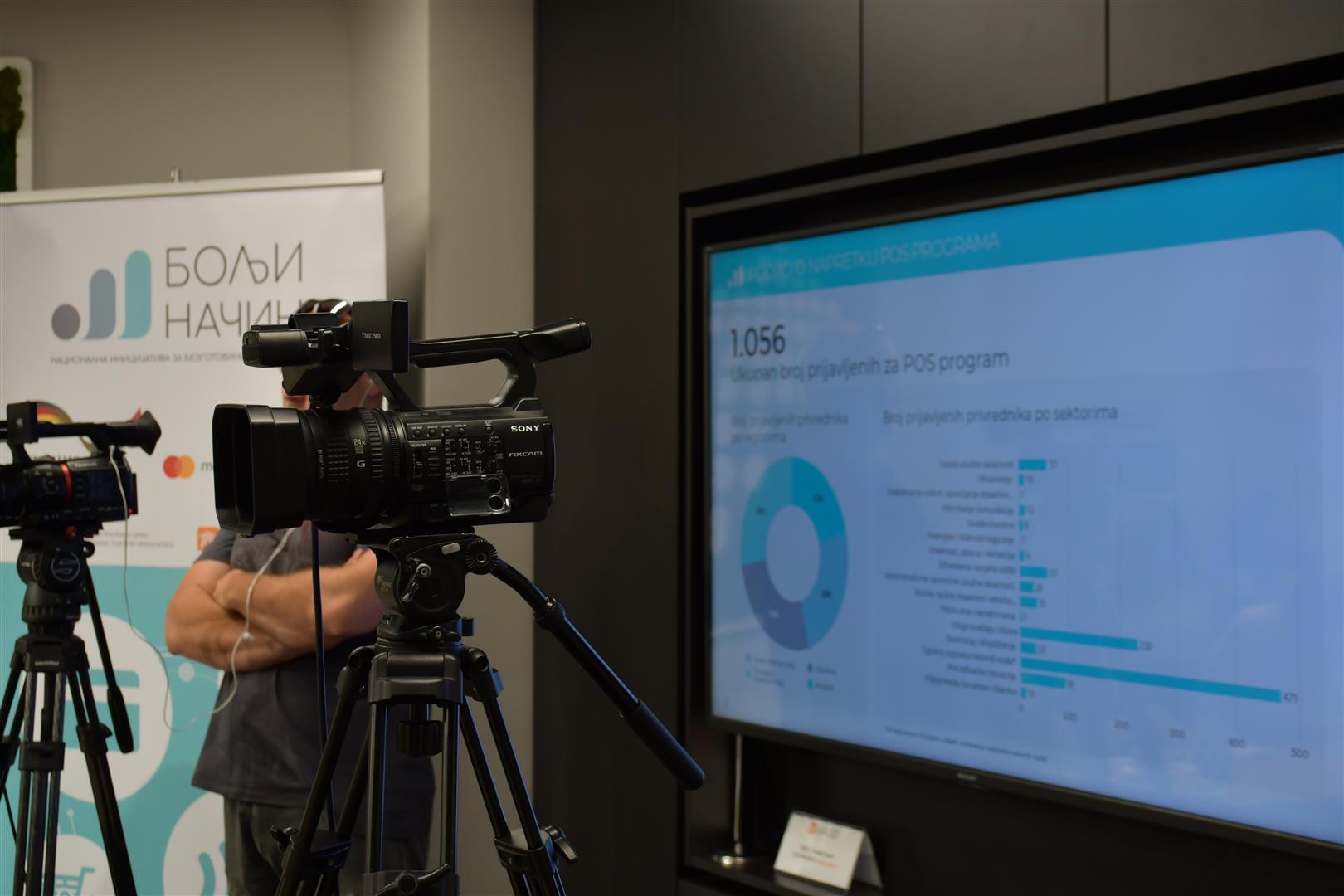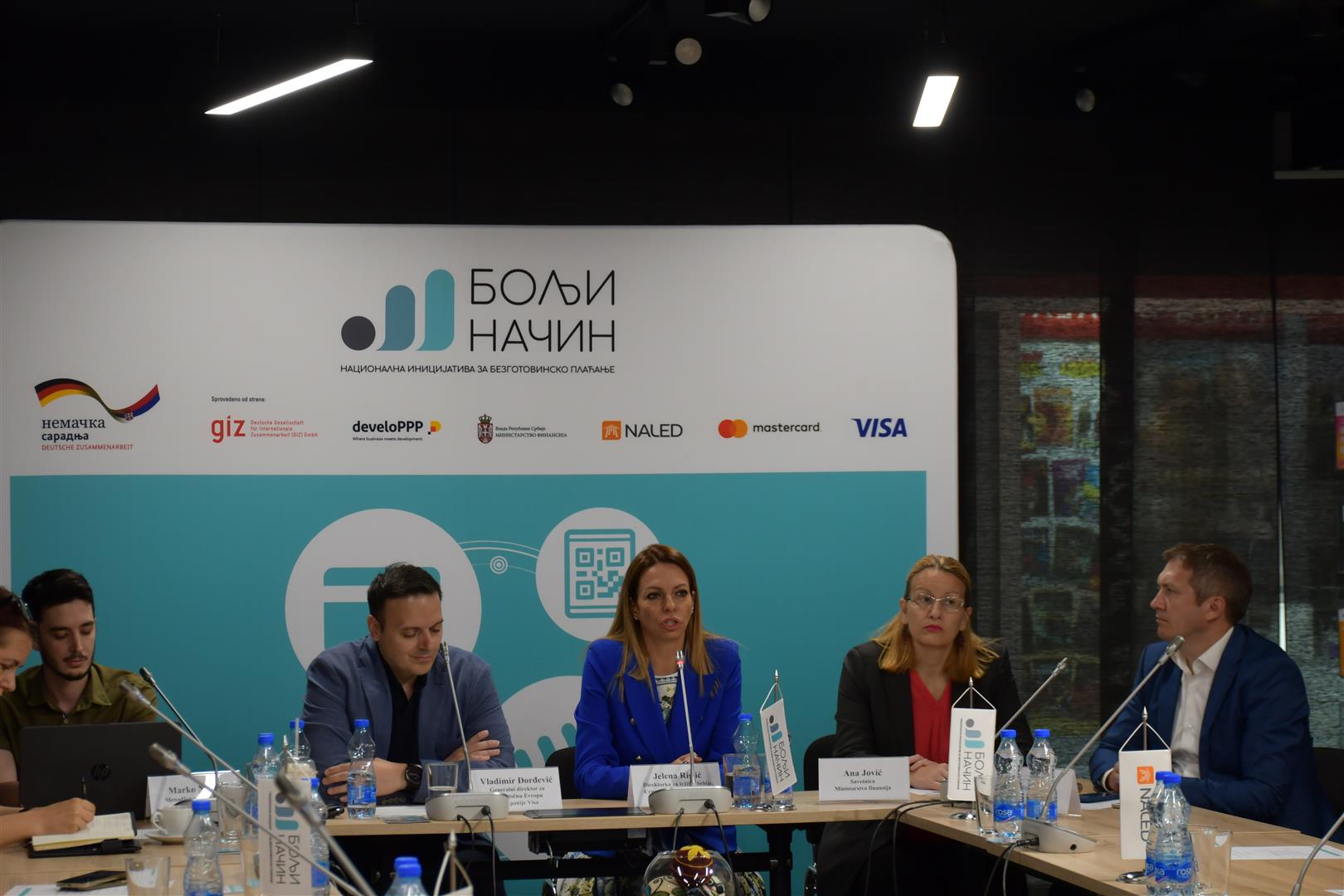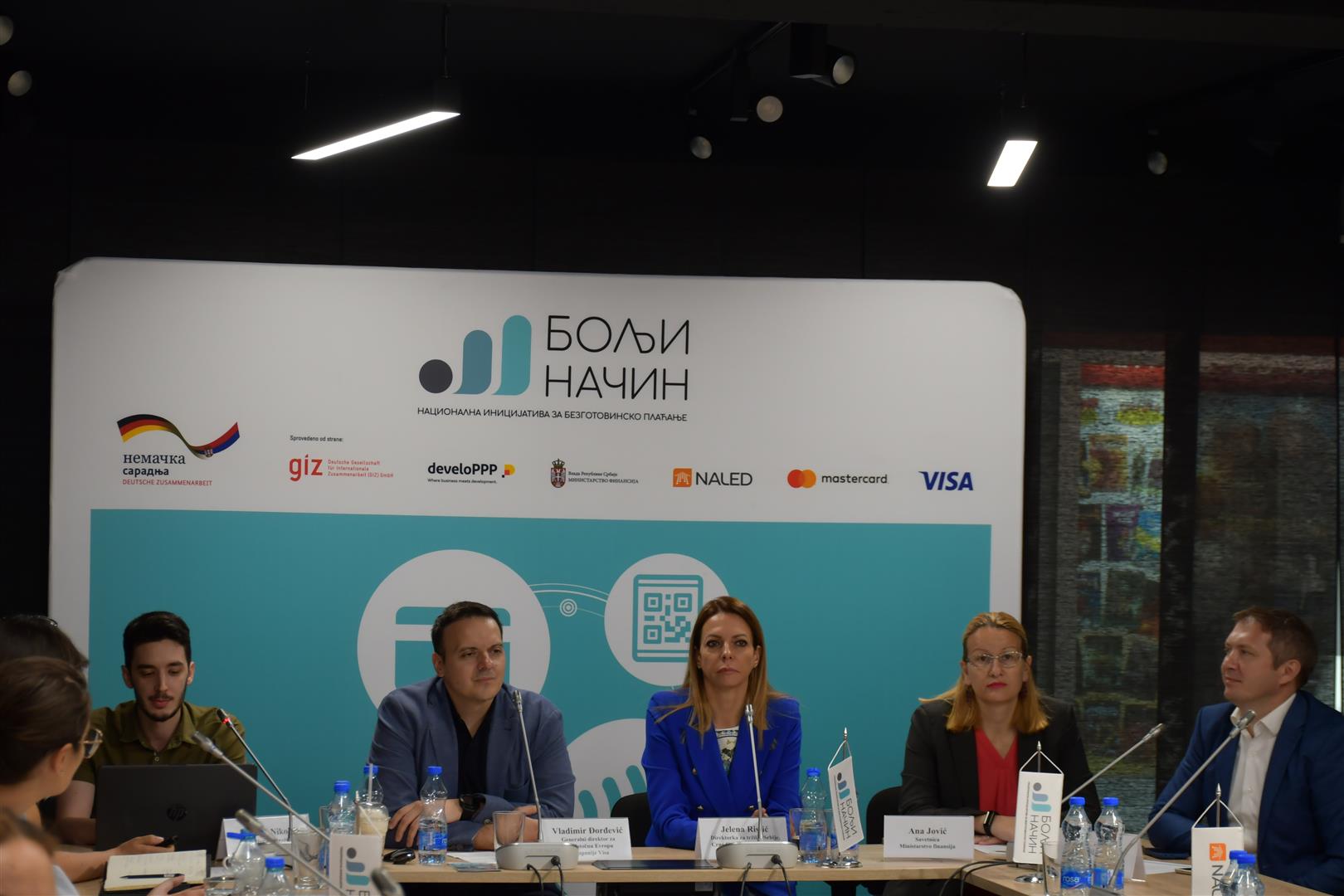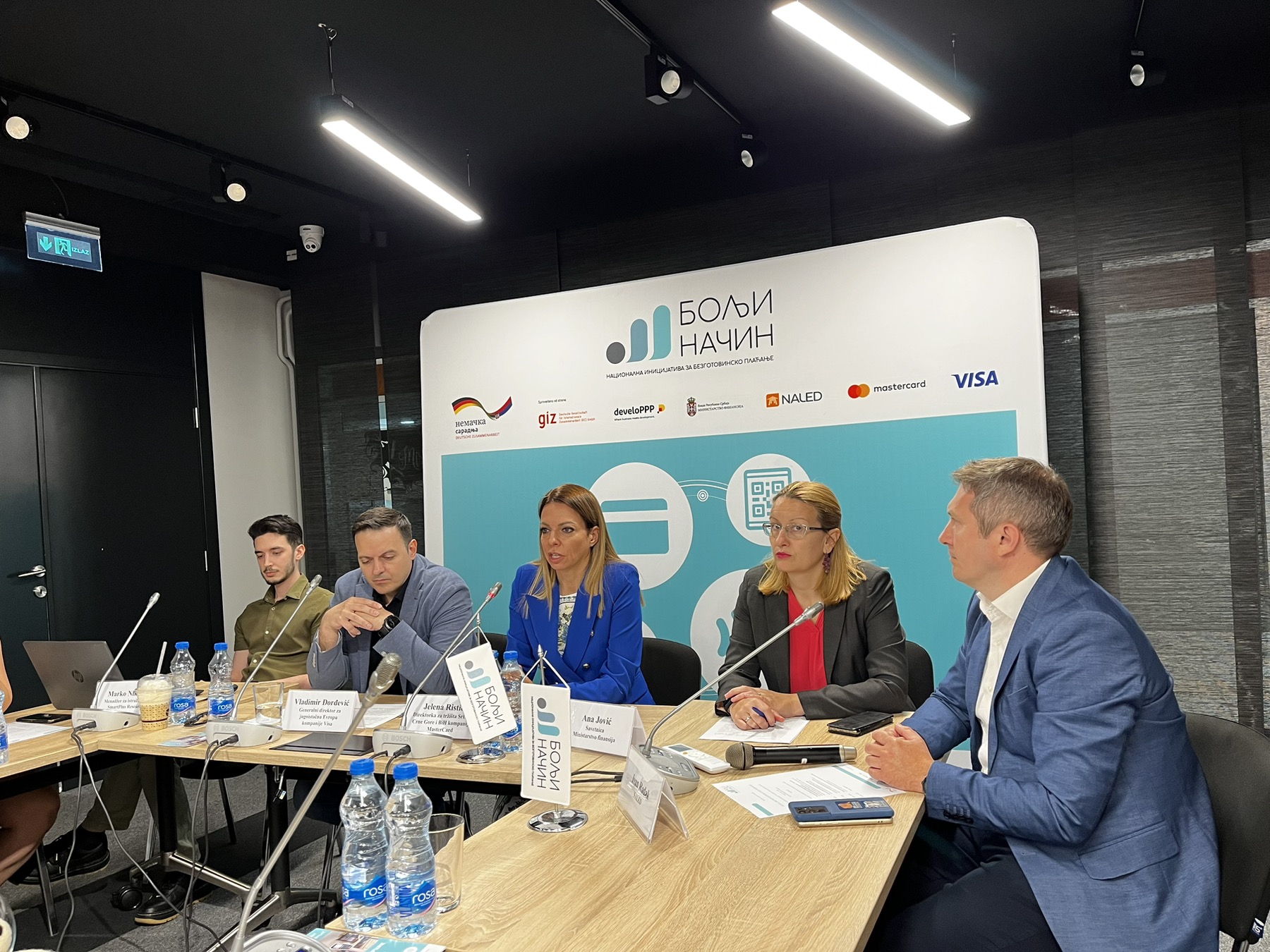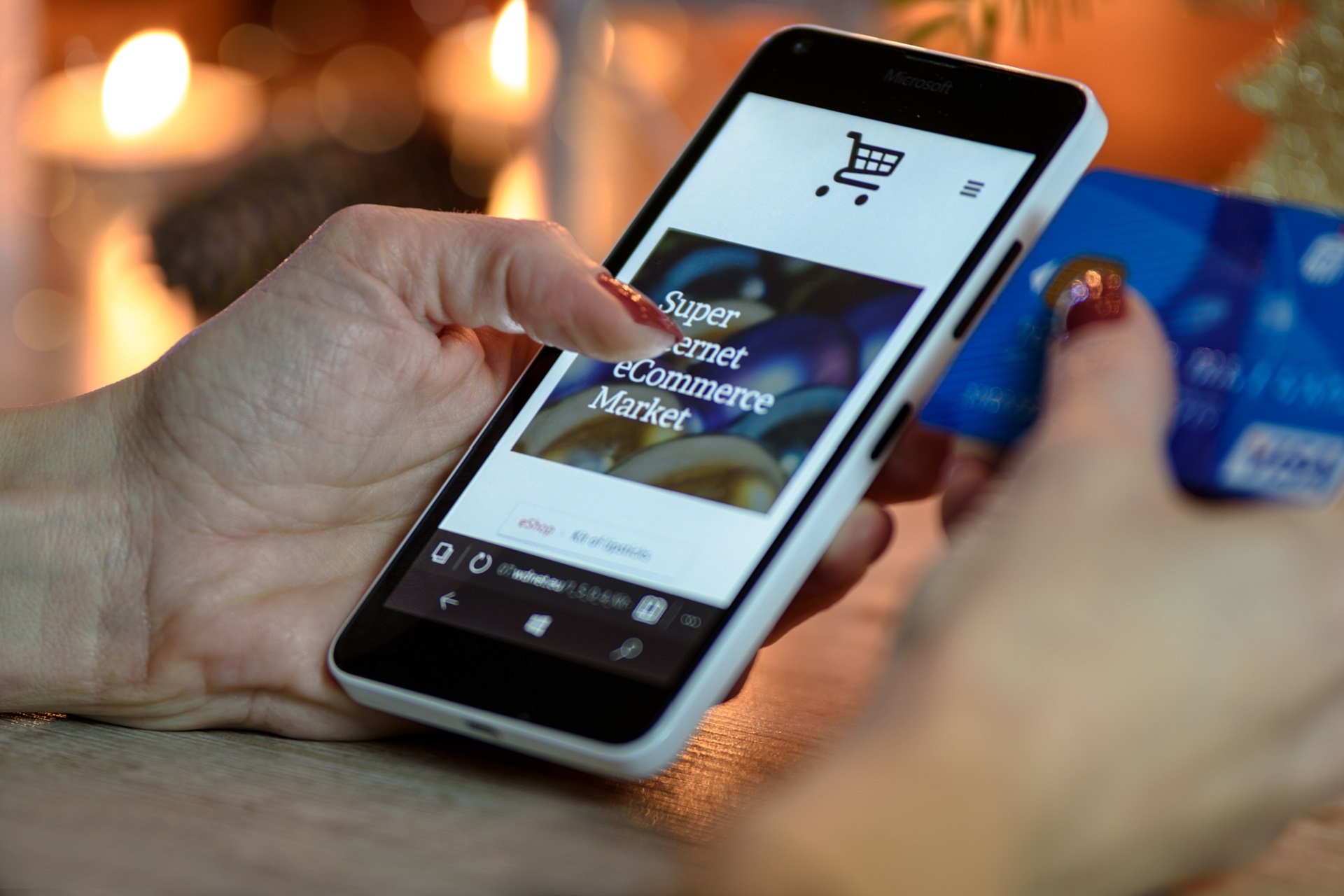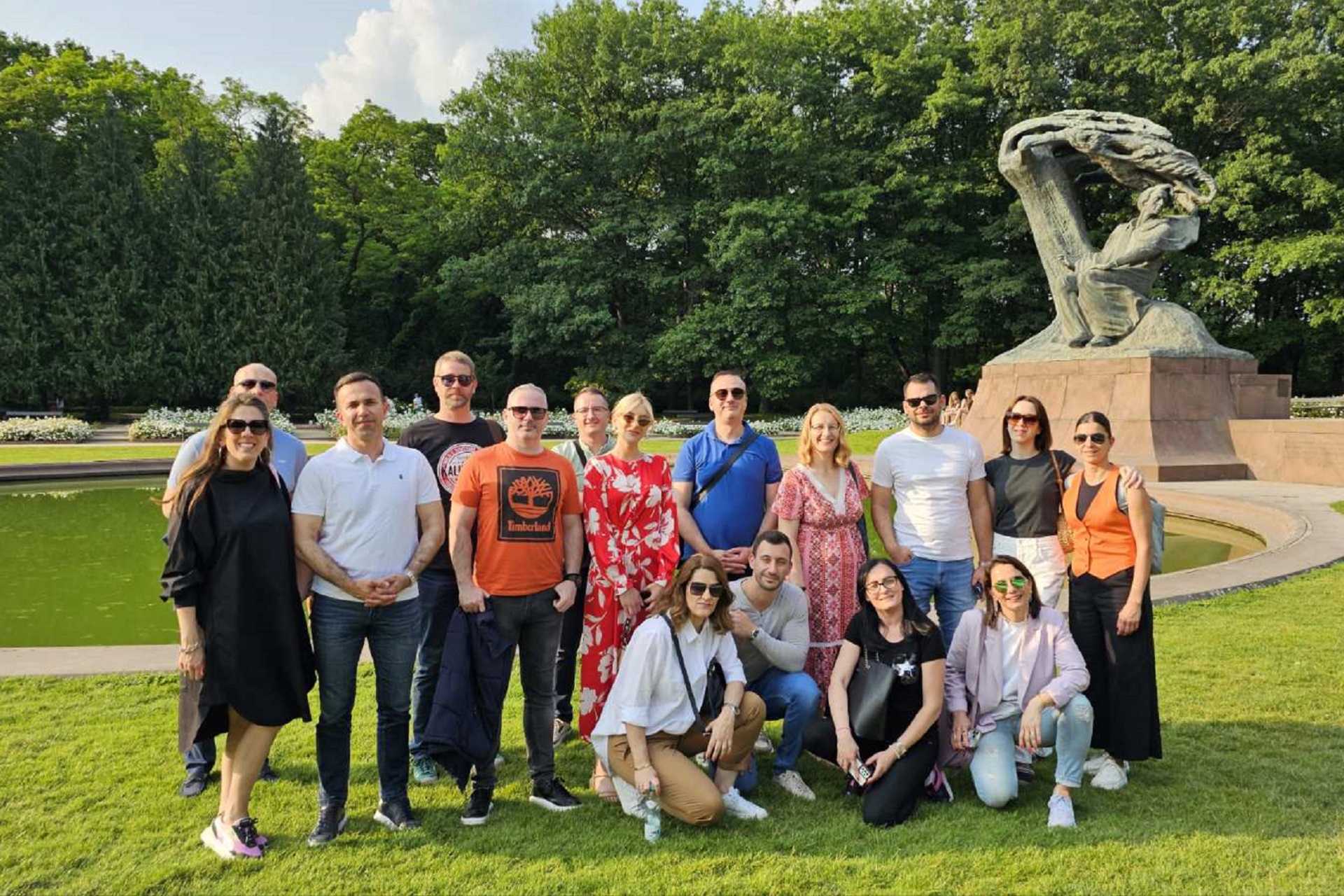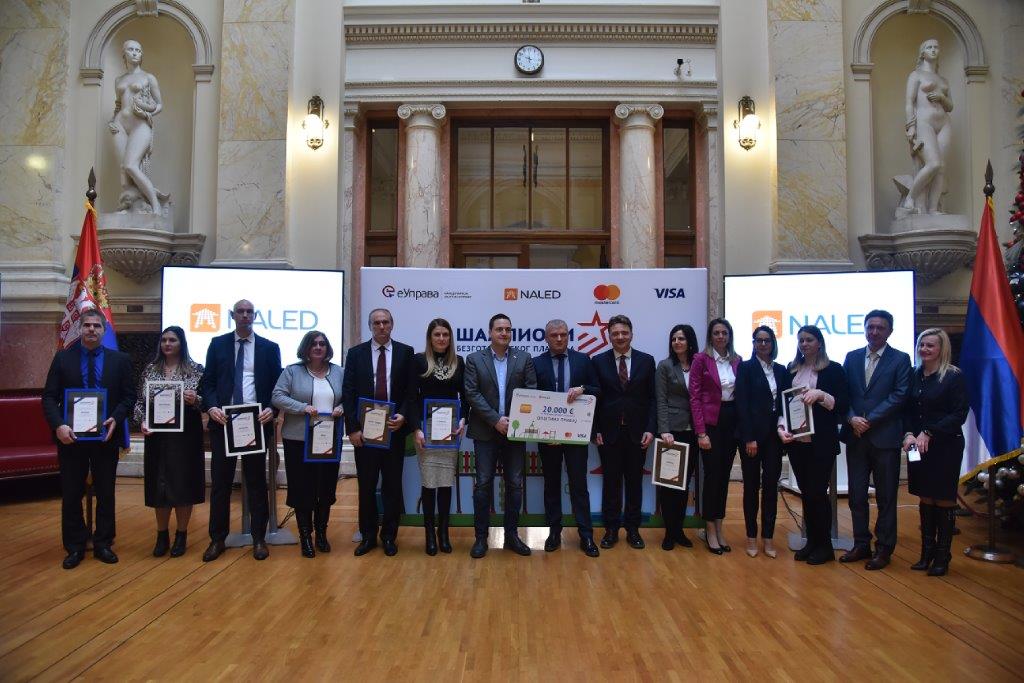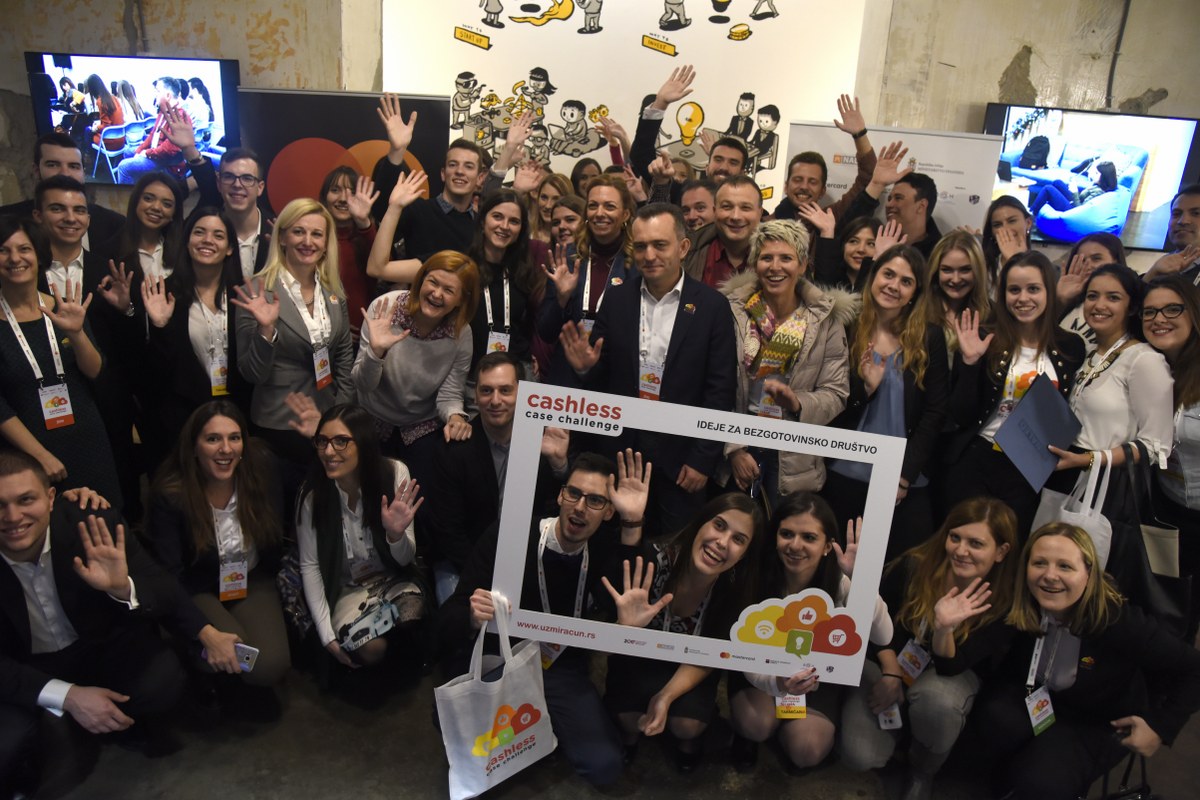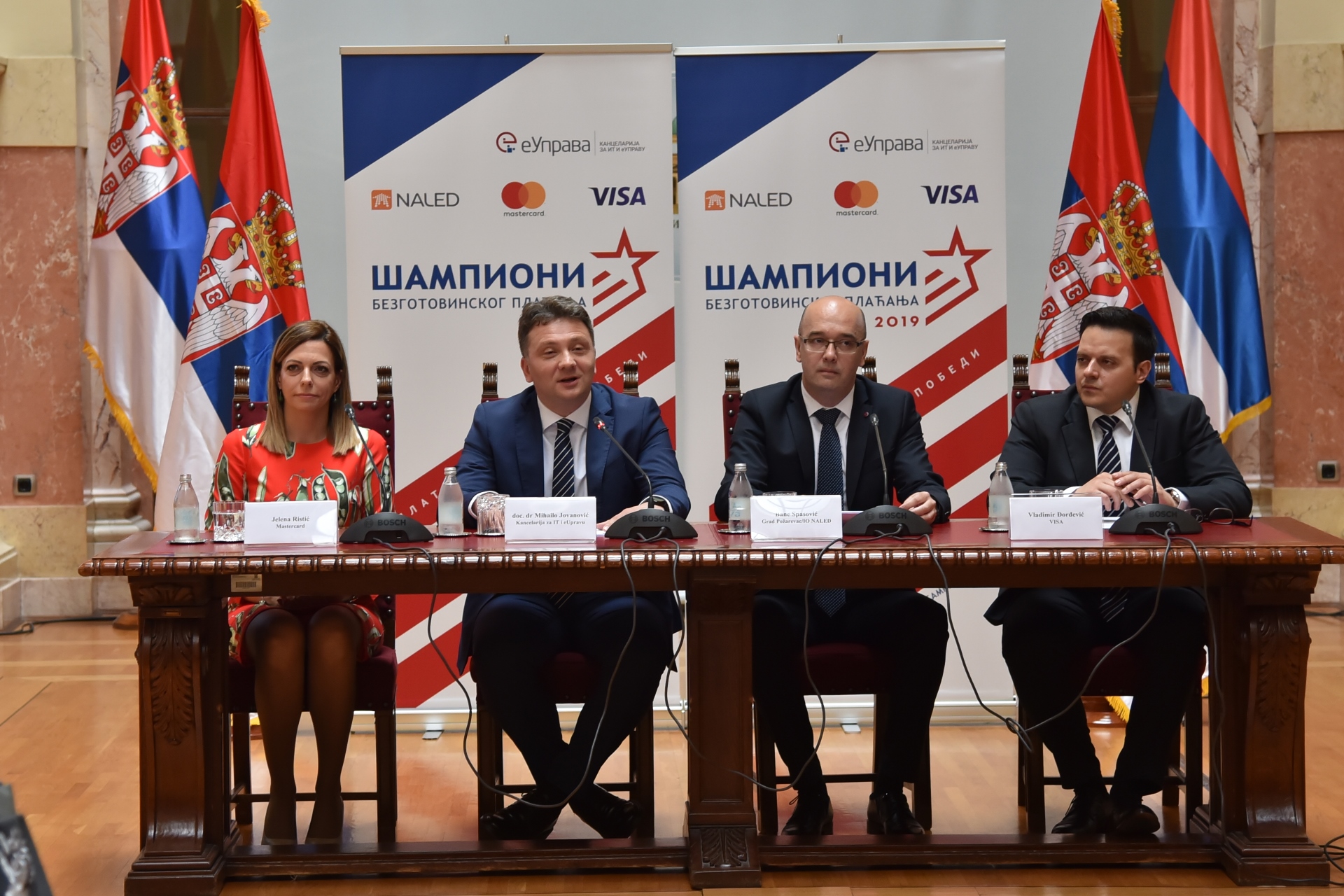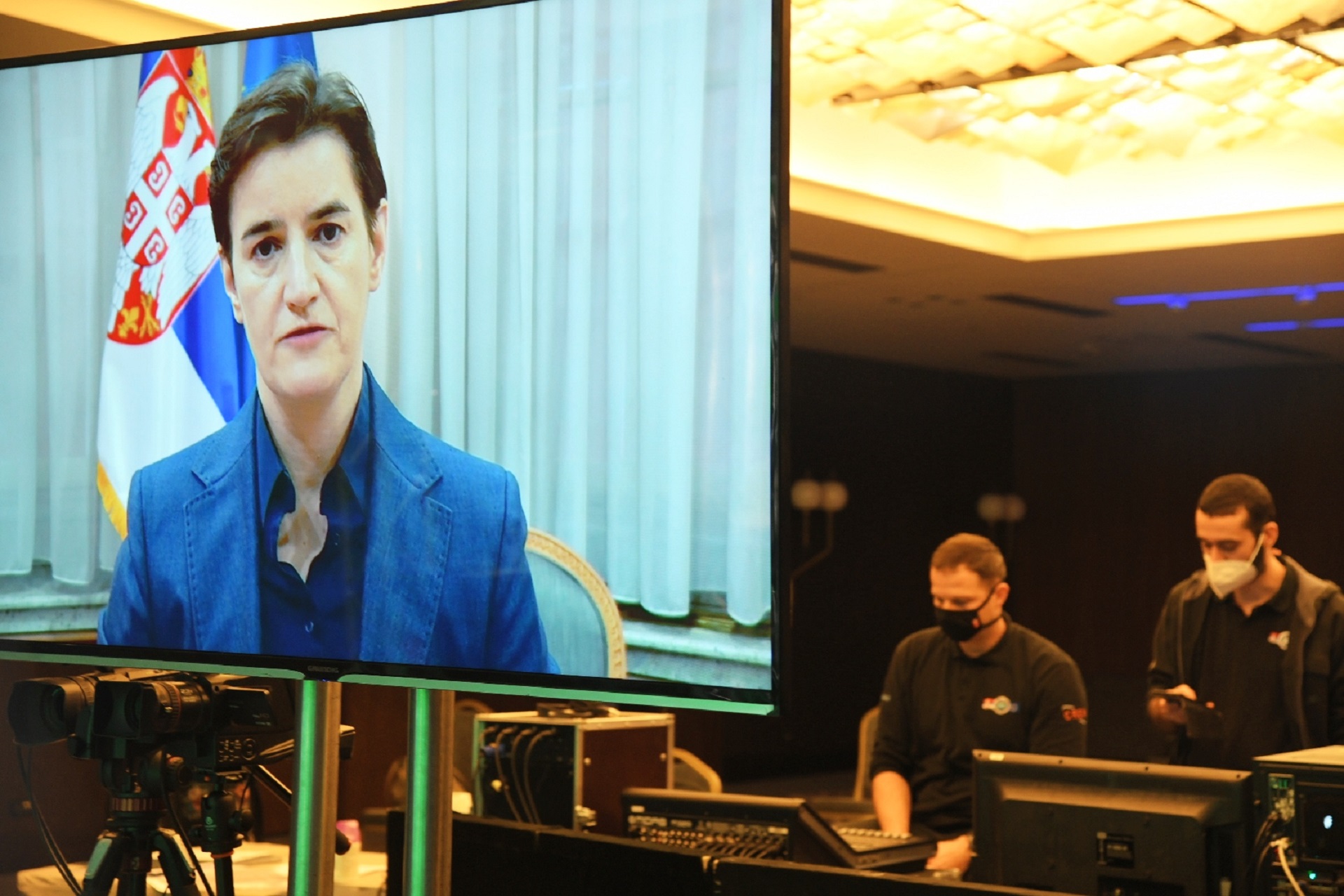More than 1,000 small businesses introduced cashless payments through POS program
More than 1,000 small businesses recognized the chance for business development through introduction of cashless payments, and applied for free installation of POS terminals and eCommerce solutions at the very beginning of the POS program. The majority are entrepreneurs - 78%, while 22% are micro and small businesses, it was announced today by the representatives of the National Initiative for Cashless Payment - A Better Way.
At the conference presenting the first results of the POS program, it was pointed out that the majority of applications, 45%, came from merchants, and a little less than a quarter of those interested were restaurateurs. This is followed by the processing industry, private practices, providers of legal and other professional services.
- We are pleased that the distribution of allocated POS is almost identical in all parts of Serbia. It is also important that the highest demand is seen among the most represented activities in the structure of our economy, and in activities where the space for the emergence of the gray economy is more pronounced, and we expect that the POS program will contribute to the strengthening of the SME sector and the reduction of illegal business. Half of the devices were installed and the average turnover for each of them exceeded 115,000 dinars. The value of turnover is increasing month by month, which confirms to us that citizens are increasingly using cashless payments - said General Manager of Visa for Southeast Europe, Vladimir Đorđević.
Businesses have so far requested 1,155 POSs, or 1.1 on average, through the website boljinacin.rs or the nine banks participating in the program. Most often, they opt for a classic POS that accepts payment by cards, digital wallet and IPS payments, and 62 applications were received for the introduction of cashless payment during online shopping.
Jelena Ristic, Director of Mastercard for the market of Serbia, Montenegro and Bosnia and Herzegovina, pointed out that the goal of the POS program is to help expand the acceptance infrastructure for cashless payments to another 25,000 points of sale by 2025 and thus offer citizens more choices when shopping, and help small businesses to improve business.
- The POS program offers all small businesses the opportunity to get free installation and use of POS devices, with a subsidized merchant fee of no more than 0.99%, for a period of one year. In this way, we contribute to the fact that all segments of society benefit significantly from this important initiative - that citizens have a choice when paying, and that they can buy in a better, more practical and reliable way, that businesses get the opportunity to expand their work and acquire new customers, and that we help the state in countering shadow economy and further development - said Ristić.
Advisor at the Ministry of Finance, Ana Jović, confirmed that a greater share of cashless payments is one of the main ways to reduce the gray economy, which is a priority of the Government of Serbia.
- There are numerous cashless payment methods, such as software for online shopping or payments via mobile phone or tablet, and the National Bank has developed instant payments to transfer money from one account to another in a few minutes. As part of the implementation of the Action Plan to combat the shadow economy, we will work more on educating citizens and businesses, and together with the Ministry of Education, we want to introduce workshops on financial literacy to schools as well - emphasized Jović.
In addition to the expansion of the reception infrastructure, an important goal of the Better Way initiative is to bring new payment methods closer to citizens, and on this occasion, a survey on financial literacy was presented at the conference, which was conducted by the Smart plus agency for the purposes of the project. When answering a set of questions, citizens achieved an average accuracy of 42%, of which about 40% on questions about cashless payments, while businesses had 48% correct answers.
The research also showed that currently 44% of businesses offer the possibility of paying by card. A third of them introduced POS terminals in the last two years, mostly due to customer needs. On the other hand, although the number of cashless transactions is on the rise, three out of five citizens still pay in cash more often, and almost half of the population never buys online, for fear of fraud or just the habit of seeing the product live.
The POS program is the backbone of the National Initiative for Cashless Payments, which is a joint project of Deutsche Gesellschaft für Internationale Zusammenarbeit (GIZ) GmbH and Mastercard and Visa, and is implemented under the auspices of the develoPPP program of the German Federal Ministry for Economic Cooperation and Development (BMZ), in cooperation with NALED and the Ministry of Finance.

